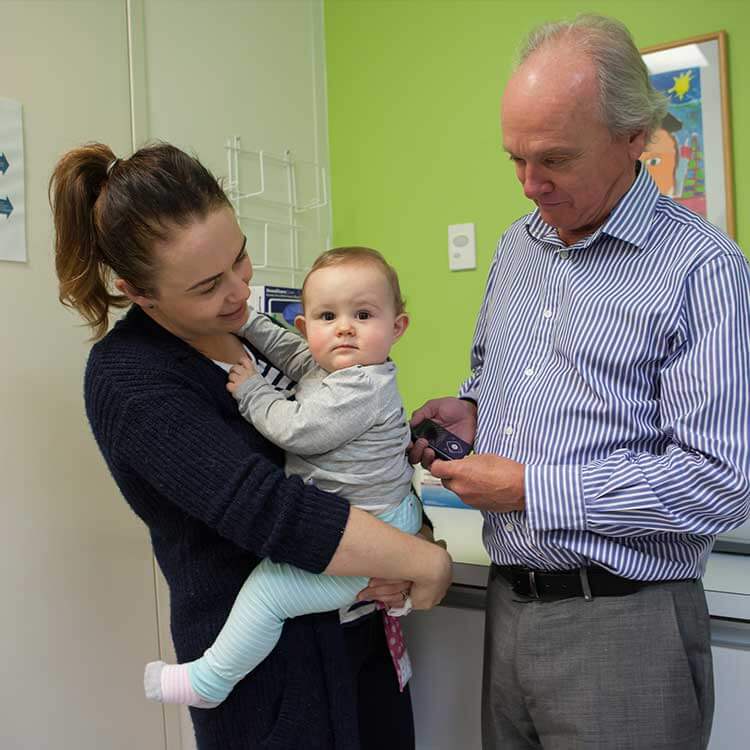Search
Showing results for "1"
Research
Short-term changes in frequencies of circulating leukocytes associated with narrowband UVB phototherapy in people with clinically isolated syndromeSince B cells are increasingly targeted by MS therapies, the effects of narrowband UVB phototherapy in people with MS should be investigated further

News & Events
What is DACS?DACS – Diabetes Ambulatory Care Service – is a new model of care at Perth Children’s Hospital for children newly diagnosed with type 1 diabetes.
Improving the educational experiences of Aboriginal children and young people
Research
Validation of the Early Development Instrument in IndonesiaThis study finds that the Early Development Instrument shows moderate validity and reliability in poor communities in Indonesia
Research
Reducing all-cause mortality among patients with psychiatric disorders: a population-based studyWe investigated whether compulsory community treatment, could reduce all-cause mortality among patients with psychiatric disorders.
Research
An international cohort study of birth outcomes associated with hospitalized acute respiratory infection during pregnancyAcute respiratory or febrile illness hospitalization during pregnancy was associated with increased risk of preterm birth and low birthweight birth
Research
Spatial and temporal patterns of dengue incidence in Bhutan: a Bayesian analysisThis study aimed to quantify the spatial and temporal patterns of dengue and their relationship to environmental factors in dengue-affected areas

The Children's Diabetes Centre's research into Type 1 diabetes, childhood onset Type 2 diabetes and obesity aims to improve the lives of children and adolescents affected by these conditions.
Research
Bringing optimised COVID-19 vaccine schedules to immunocompromised populations: statistical elements and designBringing optimised coronavirus disease 2019 (COVID-19) vaccine schedules to immunocompromised populations (BOOST-IC) is a multi-site, adaptive platform trial designed to assess the effect of different booster vaccination schedules in the Australian immunocompromised population on the immunogenicity, safety and cross-protection against COVID-19 caused by severe acute respiratory syndrome coronavirus 2 (SARS-CoV-2) and its variants.
Research
A digital intervention to support childhood cognition after the COVID-19 pandemic: a pilot trialDifficulties in executive functioning (EF) can result in impulsivity, forgetfulness, and inattention. Children living in remote/regional communities are particularly at risk of impairment in these cognitive skills due to reduced educational engagement and poorer access to interventions. This vulnerability has been exacerbated by the COVID-19 pandemic and strategies are needed to mitigate long-term negative impacts on EF.
